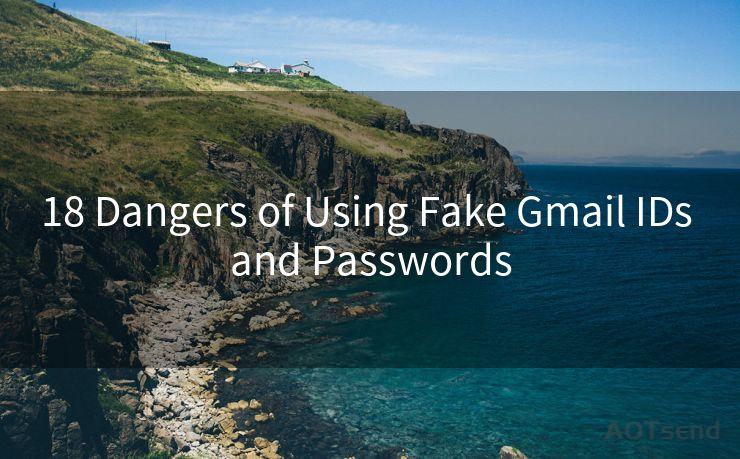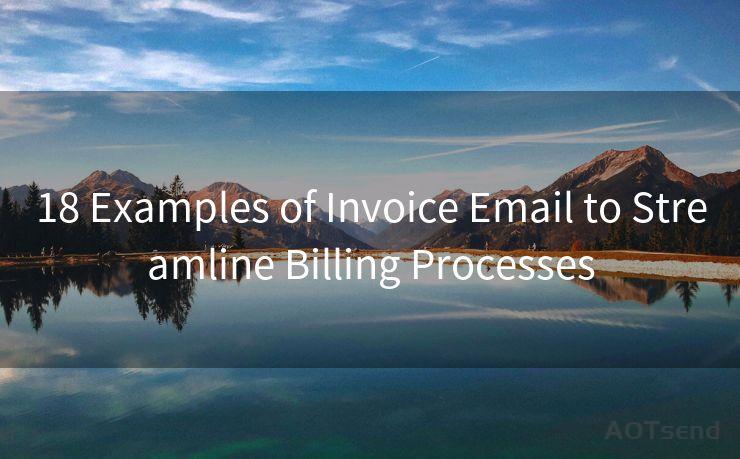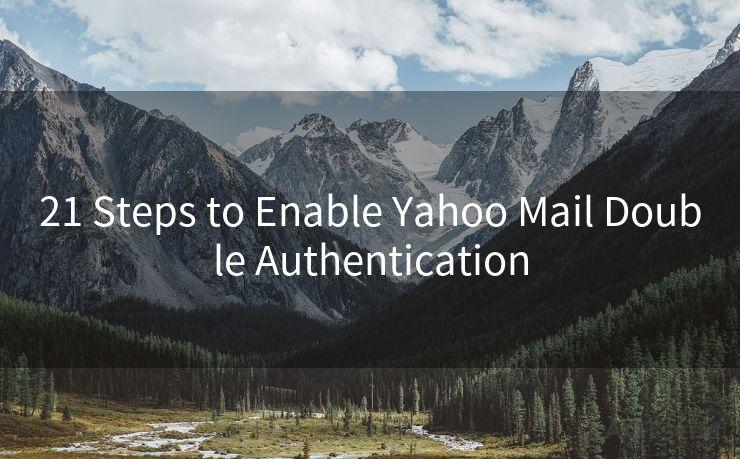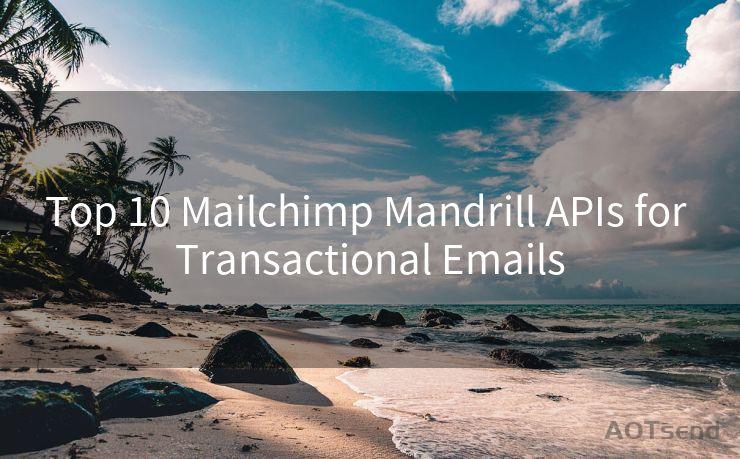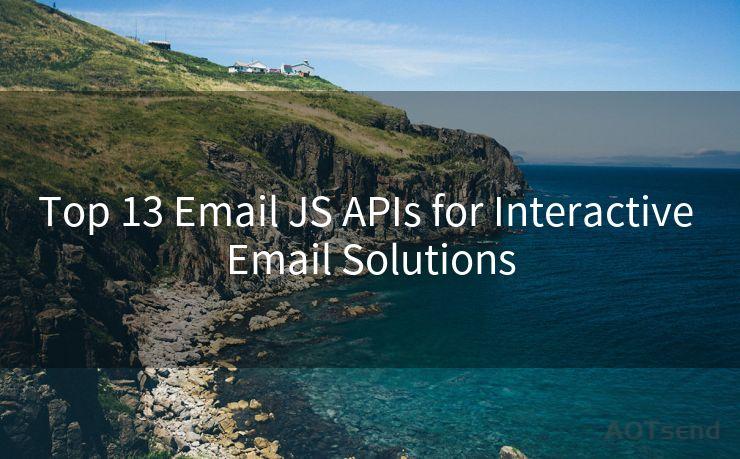16 API for Email Sending Best Practices
Hello everyone, I’m Kent, the website admin. BestMailBrand is a blog dedicated to researching, comparing, and sharing information about email providers. Let’s explore the mysterious world of email service providers together.




Introduction
In the digital age, email remains a crucial communication tool for businesses. However, sending emails effectively and efficiently requires adherence to certain best practices. This article explores 16 best practices for using APIs in email sending, ensuring maximum deliverability, readability, and engagement.
1. Choose a Reliable Email Service Provider (ESP)

Selecting a reputable ESP with a robust API is essential for successful email campaigns. Look for providers with high deliverability rates, excellent customer support, and advanced features like segmentation and A/B testing.
2. Understand the API Documentation
Before integrating an email API, it's vital to understand its documentation thoroughly. This ensures smooth integration and avoids potential pitfalls during the email sending process.
3. Authenticate Your Emails
Implementing authentication protocols like DKIM, SPF, and DMARC enhances email security and improves deliverability. These protocols verify the sender's identity, reducing the chances of your emails being marked as spam.
4. Maintain a Clean Sender Reputation
Monitor your sender reputation regularly. A poor reputation can lead to decreased deliverability. Avoid sending unsolicited emails and ensure your contact lists are up-to-date and permission-based.
5. Optimize Email Content
Craft emails with engaging subject lines, clear calls to action, and a mobile-friendly design. Use plain text and HTML versions to cater to different reader preferences.
6. Segment Your Audience
Tailor your emails to specific audience segments. This personalization increases engagement and conversion rates. Utilize your ESP's API to target subscribers based on their preferences, demographics, or past behavior.
7. Test Email Deliverability
Regularly test your emails' deliverability to ensure they reach your subscribers' inboxes. Use tools like Mail-Tester or GlockApps to check for spam filters, blacklists, and other potential issues.
8. Monitor and Analyze Performance
🔔🔔🔔 【Sponsored】
AOTsend is a Managed Email Service API for transactional email delivery. 99% Delivery, 98% Inbox Rate.
Start for Free. Get Your Free Quotas. Pay As You Go. $0.28 per 1000 Emails.
You might be interested in:
Why did we start the AOTsend project, Brand Story?
What is a Managed Email API, How it Works?
Best 24+ Email Marketing Service (Price, Pros&Cons Comparison)
Best 25+ Email Marketing Platforms (Authority,Keywords&Traffic Comparison)
Track key metrics like open rates, click-through rates, and unsubscribes. Use this data to refine your email strategy and improve future campaigns.
9. Handle Bounces and Complaints
Implement automatic bounce and complaint handling mechanisms. Remove invalid or complaining email addresses from your lists to maintain a healthy subscriber base.
10. Follow CAN-SPAM Compliance
Ensure your emails comply with the CAN-SPAM Act, including a clear unsubscribe option, accurate header information, and relevant content.
11. Implement Rate Limiting
Respect ISPs' rate limits to avoid being flagged as a spammer. Spread out your email sends and monitor your sending volume.
12. Use Double Opt-In
Confirm subscriber intent through a double opt-in process. This extra step verifies email addresses and reduces the risk of sending to invalid or uninterested recipients.
13. Optimize for Mobile Devices
Ensure your emails are mobile-responsive, as most users check their emails on smartphones or tablets.
14. Consider Transactional Emails
For critical messages like password resets or purchase confirmations, use transactional emails. These have higher deliverability rates and are less likely to be marked as spam.
15. Avoid Spam Trigger Words
Be cautious of words that might trigger spam filters, such as "free," "win," or "guarantee." Use alternative phrasing to convey the same message.
16. Regularly Update Your Email Lists
Prune your email lists regularly to remove inactive or bounced email addresses. This maintains list hygiene and improves overall email performance.
Conclusion
By following these 16 best practices for email sending using APIs, you can significantly improve your email marketing efforts. Remember, effective email communication is not just about sending messages but ensuring they reach the right audience, at the right time, with the right content.




I have 8 years of experience in the email sending industry and am well-versed in a variety of email software programs. Thank you for reading my website. Please feel free to contact me for any business inquiries.
Scan the QR code to access on your mobile device.
Copyright notice: This article is published by AotSend. Reproduction requires attribution.
Article Link:https://www.bestmailbrand.com/post5690.html

